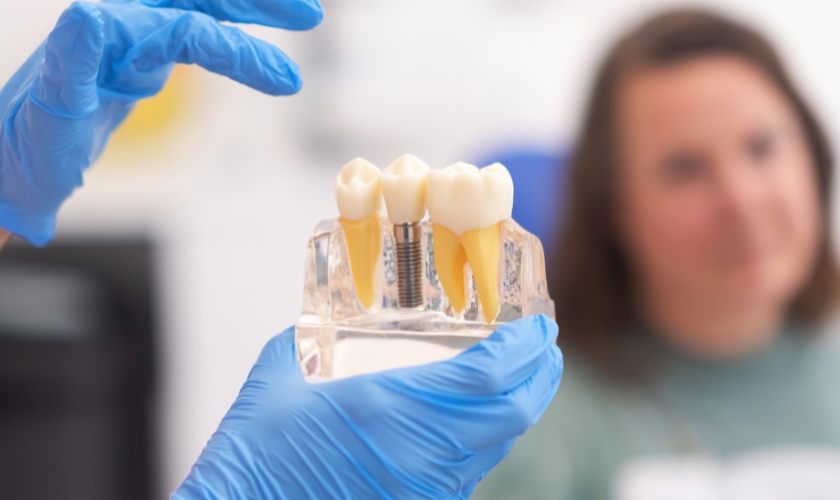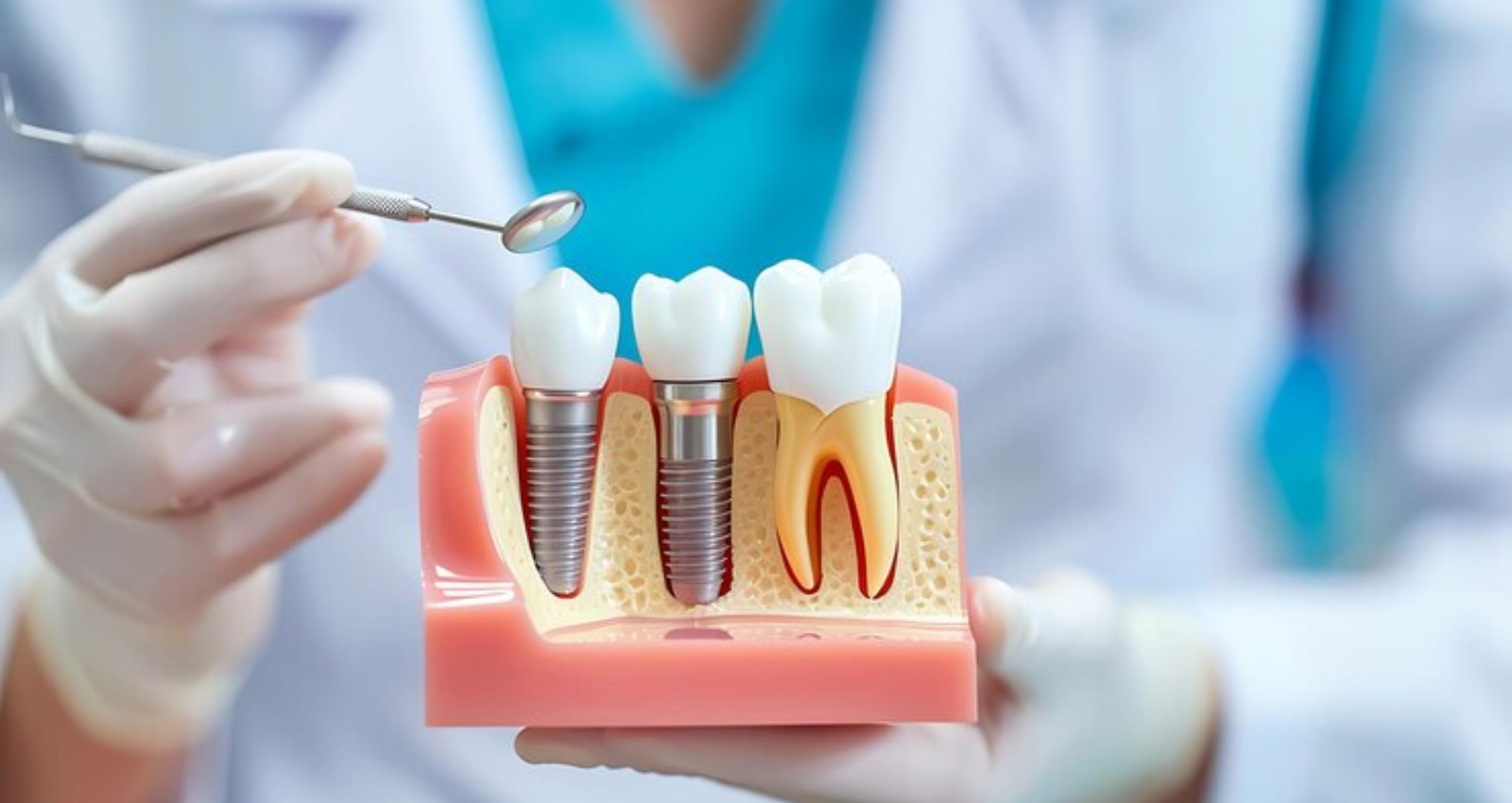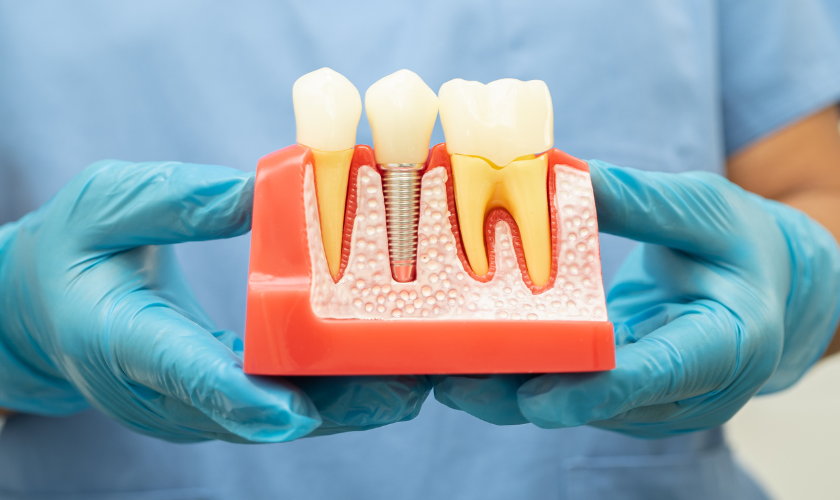
We lose more than just a little cosmetic appeal with missing teeth. Missing teeth can, with time, atrophy the bone that holds the teeth—the jawbone. Loss of jawbone is left untreated and will lead to shifting of teeth, distortion of the face, and ongoing oral complications. Fortunately, dental implants provide a sound option for the replacement of teeth as well as the prevention of future bone loss.
How Jawbone Loss Happens
Your jawbone needs continuous stimulation from natural tooth roots. Every time you chew, the roots provide stimulation that helps keep the bone healthy. Without teeth, the bone beneath them does not receive this stimulation and gradually begins to resorb. The American Academy of Implant Dentistry shows how people can lose up to 25% of bone width in the first year of missing teeth. This continues to affect function and appearance over time.
How Dental Implants Work
Dental implants are titanium screws placed in the jawbone to act as substitute roots for your teeth. Once the implant has bonded to the bone, it can support a crown, bridge, or denture that is very long-lasting. Implants don’t just cover the surface of your smile like outdated dentures or bridges—they maintain the underlying bone by mimicking root function. It’s this stimulation that keeps the jawbone from weakening.
Benefits of Implant
Restoring missing teeth with implants does more than improve chewing. Implants also help patients in several additional ways:
- Long-term stability – Implants integrate with bone, making them a permanent part of regular dental upkeep.
- Normal appearance – They support crowns or bridges that look like and function as natural teeth.
- Improved facial structure – By maintaining bone depth, implants maintain the usual shape of facial structures.
- Healthier mouth – Stopping bone loss enables the surrounding teeth to stay in position and preserve the bite.
Behind all these benefits lies a single overarching factor: implants’ ability to halt jawbone loss, which other types of tooth replacement solutions cannot achieve.
Things to Consider Before Having Implants
Not all patients are candidates for dental implants simultaneously. Some have pre-existing bone loss that must be treated with additional care, such as a bone graft, before even thinking about implants. A thorough evaluation with 3D imaging ensures the bone is healthy and that the implant will have a solid foundation. All of this planning is so crucial to the success of your treatment in the long term.
Missing teeth don’t have to mean losing bone strength or facial balance. Dental implants provide a proven way to restore function, appearance, and confidence while helping to prevent jawbone deterioration. If you’ve been considering tooth replacement, now is the time to explore your options. Schedule a consultation with our oral care team today to learn how implants can protect your jaw and restore your smile.


